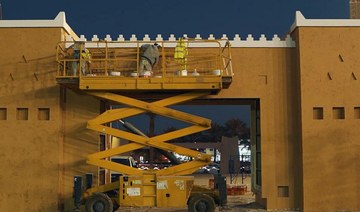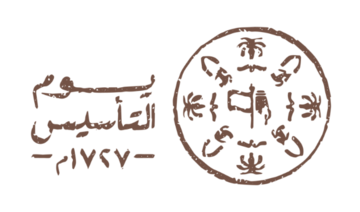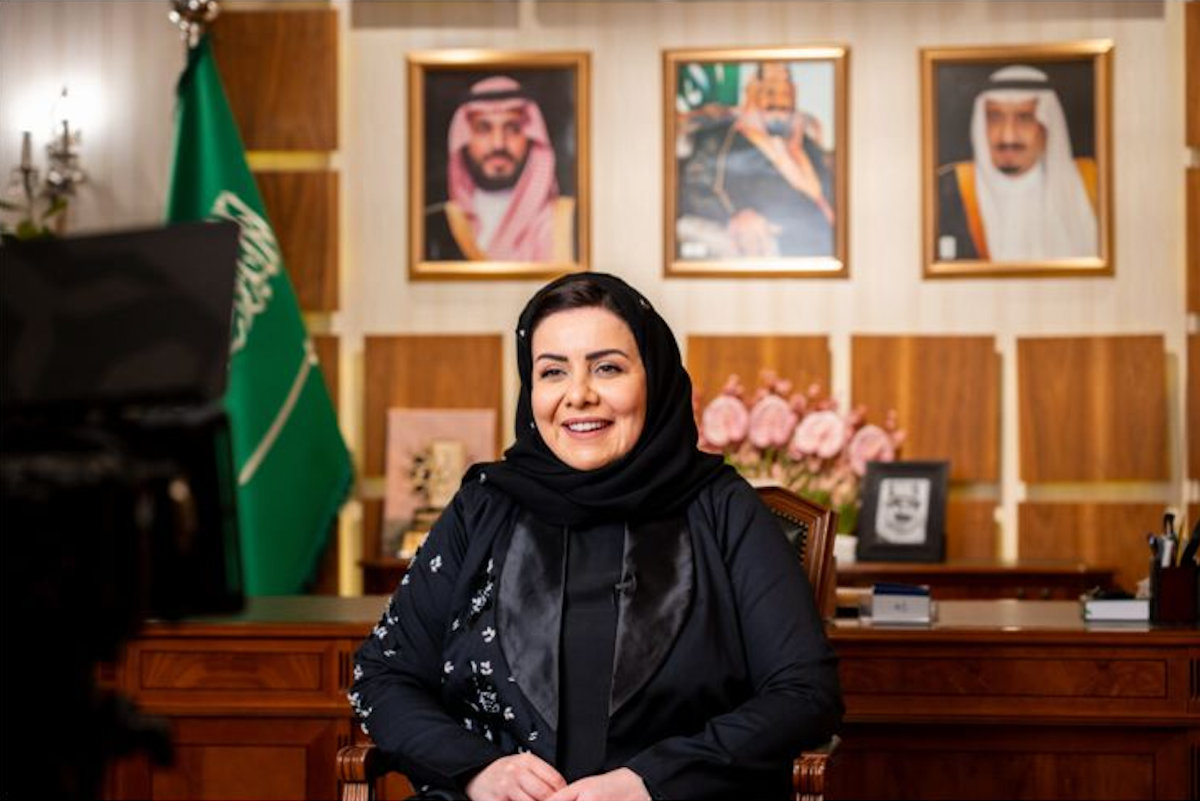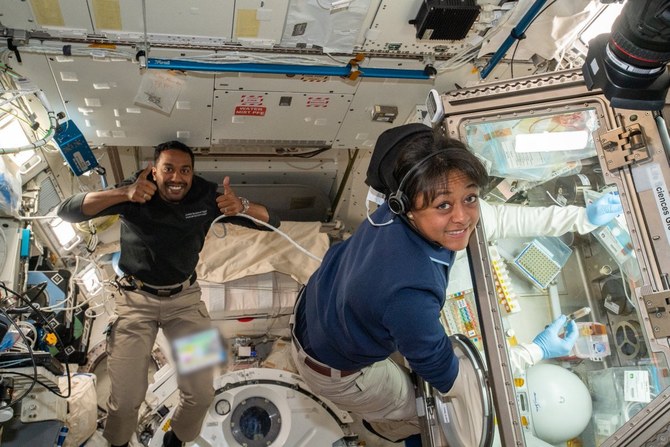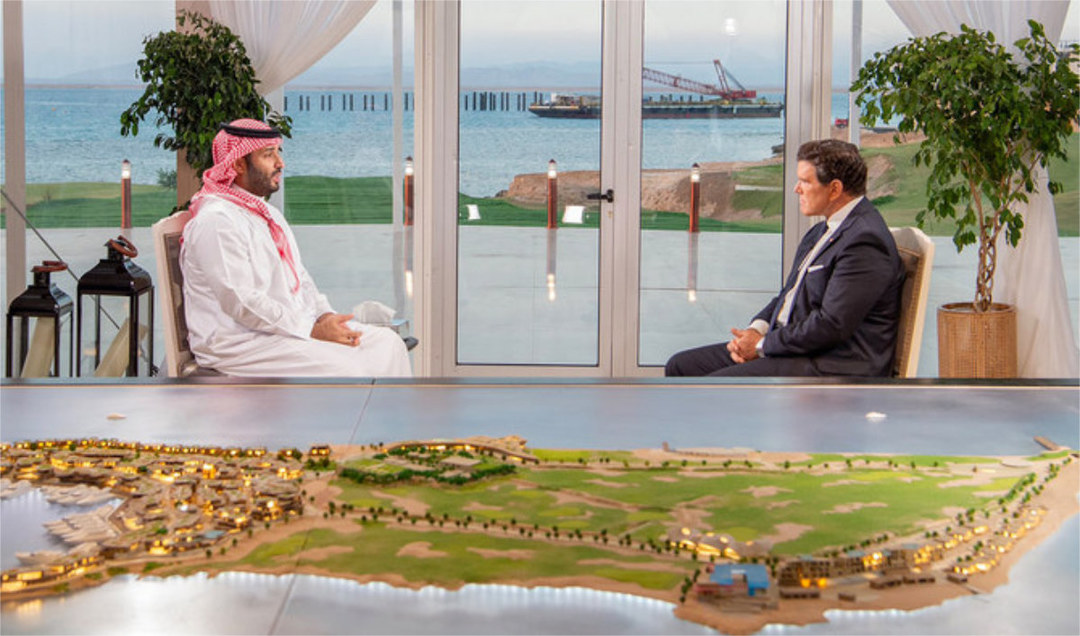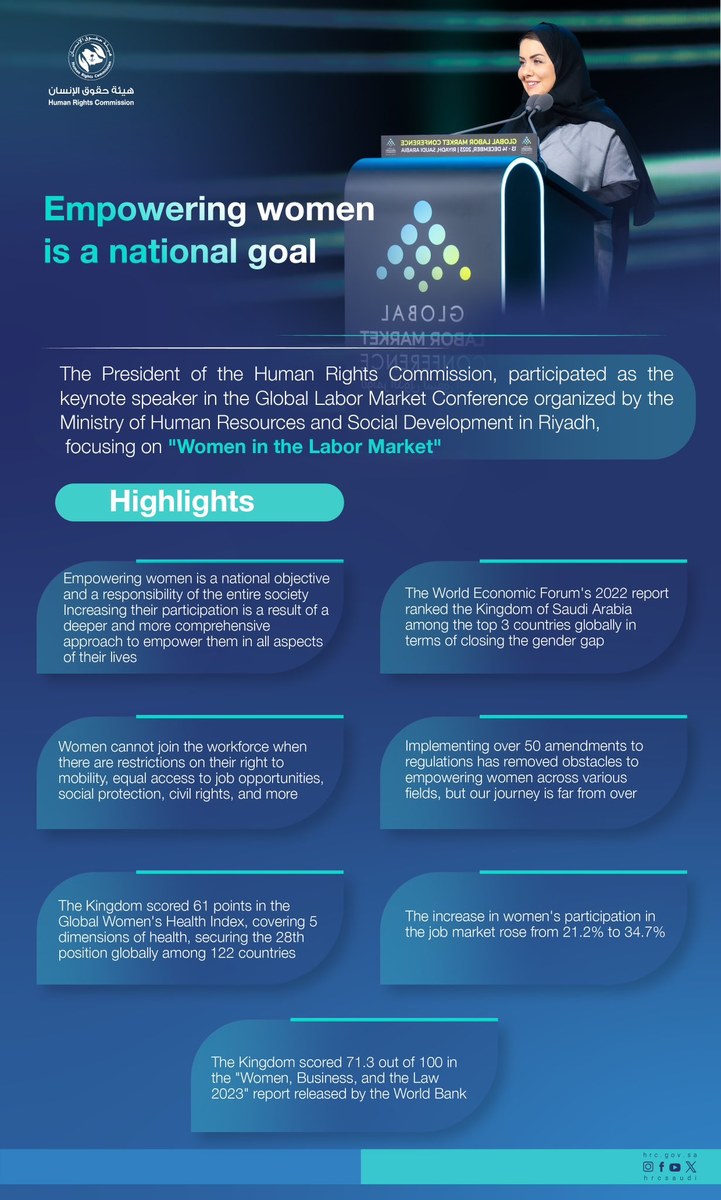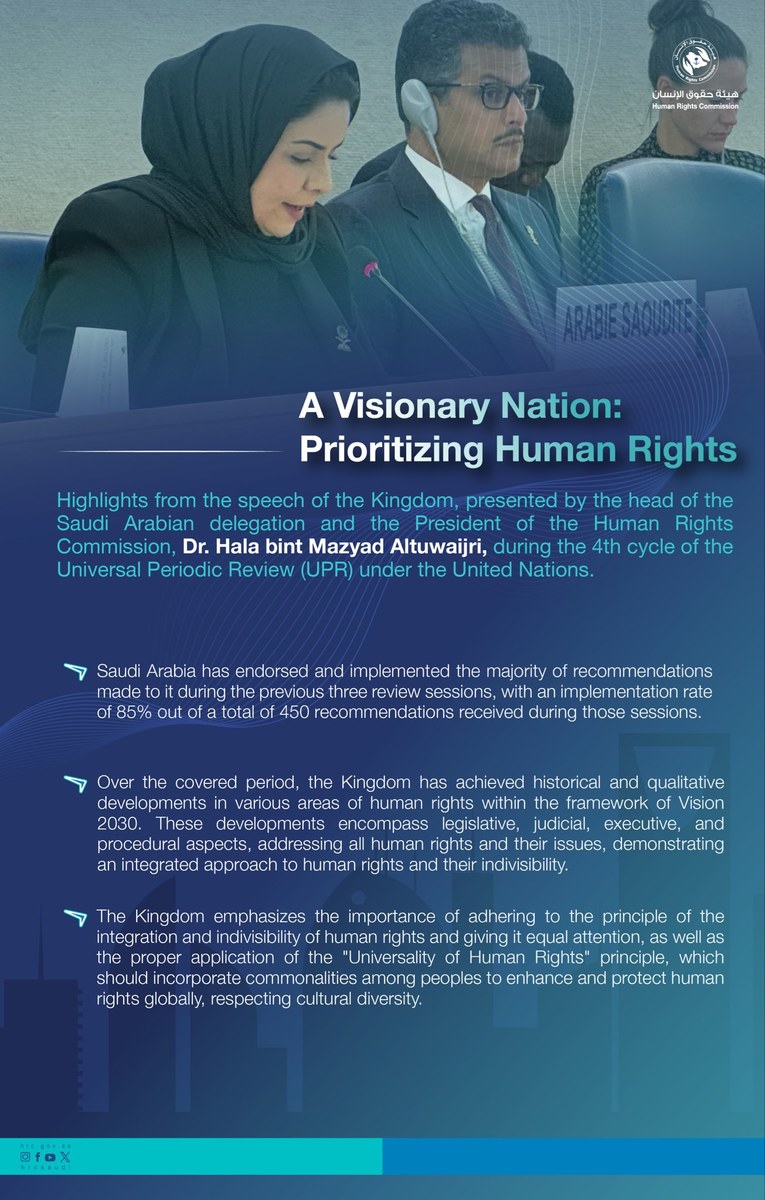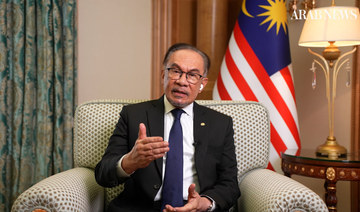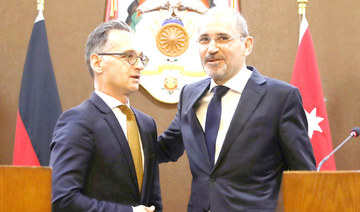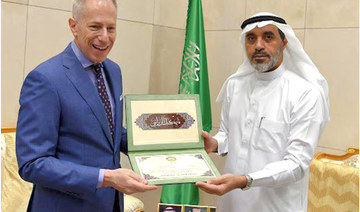JEDDAH: People wearing traditional Founding Day costumes on Feb. 22 will gain free entry to two prominent Riyadh Season zones, as the country prepares to commemorate the establishment of the first Saudi state in 1727 by Imam Muhammad bin Saud.
The chairman of the General Entertainment Authority, Turki Alalshikh, tweeted last week: “On February 22, there will be free entry to #Riyadh_City Boulevard and #WinterWonderland for everyone who wears #FoundingDay clothing. We are waiting to see your authentic Saudi glam. #Riyadh_Season.”
There were positive reactions to his tweet.
One person (@ahmd_rl) said: “I am so excited to see everyone looking their best on the Founding Day at Riyadh City Boulevard,” while another (@saadss100) tweeted: “Appreciations for the brilliant idea Turki Alalshikh. This really reflects the authenticity and antiquity of our historical clothing and how proud we are.”
Alalshikh’s tweet followed a Feb. 15 Fashion Commission announcement about the 22 styles listed in the Saudi traditional costume guide on its website, which features clothing from the Kingdom’s five main regions for women, men, and children.
Saudi Arabia has a rich history of diverse and colorful fashion when it comes to its traditional costumes.

Each region has different tribes and each tribe has its own style, but only a few of those costumes are well-known as the rest have been forgotten due to the lack of proper documentation about them and tribal migration.
Nadia Alireza, a member of Mansoojat Foundation and one of the researchers of "Traditional Costumes of Saudi Arabia,” previously told Arab News that the fashion people chose to wear was one way to identify who they were, the time they lived in, their social background, and where they were from.
Saudi Arabia’s regional outfits are designed and created according to the materials available and fit the area’s climate and surrounding area.
“There are many colors used in traditional Saudi costuming,” she said. “They used a lot of leather, metal and colored beads, and gold and silver thread for embroideries. In some cases, rubber from old tires is used to make footwear.”
The Founding Day fashion guide lists 22 styles of costumes as well as glamorous accessories, jewelry, shawls, bags, and sandals to go with each outfit.
The pieces and colors of each costume are carefully chosen and according to detailed research on the traditional fashions worn during the three previous centuries in the Arabian Peninsula’s regions.
Saudi Arabia is divided into 13 administrative regions, 46 cities, and five main regions.
The Fashion Commission tweeted: “Several factors affected traditional fashion in the Kingdom, each region has special characteristics that influence its costumes, and the surrounding environment also plays a role in the forms of inscriptions, material types, and colors. Traditional fashion, which is produced locally using the finest textiles and fabrics, is considered a major part of the Kingdom’s history.”
There are five types of agal, a key men’s accessory in Saudi Arabia and the Gulf Cooperation Council region. The agal is a doubled-up black cord that is worn on top of the head and is traditionally made of goat hair, cotton, and golden thread.
Each region has tweaked the agal in its own way to reflect its individuality. In some areas it is thick, in other areas it is thin with golden clips.
Men in the eastern regions wear a two-piece outfit, a white thobe and an outer cloak known as a bisht. The same goes for men from the central region, but they call it a mroden and it is usually worn on special occasions. Men in the south wear the same piece and they call it a jabbah as it features a solid cloak without any golden trim.
There is also a piece of clothing called the sdiri and this is similar to a vest worn over the thobe by men of the western region. It has the same features of the bisht but is shorter.
Another piece worn over a thobe by men from the central and southern areas is called the daglah. It is made out of cotton or wool, sometimes leather, and has beautiful embroidery on the chest area made from copper, gold, silver, or cotton thread to add a glamorous touch as the costume is worn on formal occasions.
A leather belt is worn over thobes by men from the central and southern regions as an accessory. Some like to add a third belt around their waist with an ornamental dagger hung in the middle of it to reflect power and wealth.
Lailah Al-Bassam, a Saudi expert in traditional fashion and textile heritage, told Arab News: “The progress of nations can be measured through their heritage and traditional arts, and our country is characterized by a long history that extends back thousands of years. Our civilization and the many fields of our traditional arts are ramified.
“Our Saudi costumes are full of different elements that express our special taste in lifestyle practice, as well as what fits with our environment and stems from our customs and traditions.”
Dresses are an essential item in the Saudi woman’s wardrobe.
All the listed regions feature elegant but modest dresses in many colors and cuts, with names such as almohothal, alsidrah, alnashl, kurtah and almasdah. They come in brown, black, blue, red, pink, and beige. Women’s outfits have head coverings, and central region women wear a stylish face covering made from black fabric, drawing attention to the eyes.
Women from the central region used to have a very distinctive piece of jewelry for the head, chest, and waist called the hzam and hamah.
Al-Bassam said that fashion could be considered one of the most important heritage elements.
“By reviewing what our ancestors left us with including the clothing heritage, distinguished by the richness of its colors, the simplicity of its lines, its modesty, and the splendor of artistic beauty that reaches a high degree of perfection and accuracy in work.
“Despite the primitiveness of tools and the lack of capabilities back then, it is important for us to preserve it and to use it as a source from which we derive our distinctive personality and our special character.
Preserving our traditional costumes help us to reach the ultimate level of authenticity and harmony with the ways of living in a developed society concerned with preserving its ancient traditions.”




